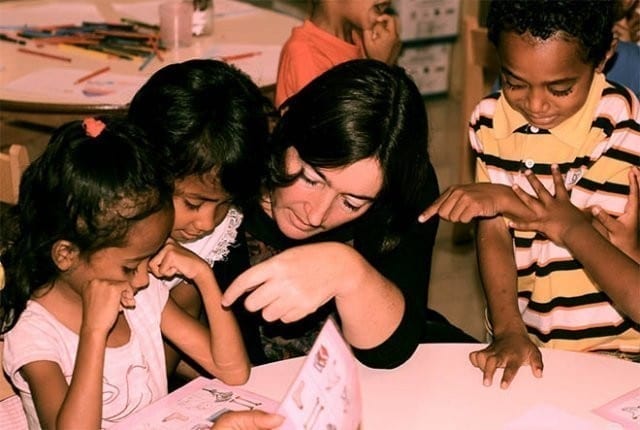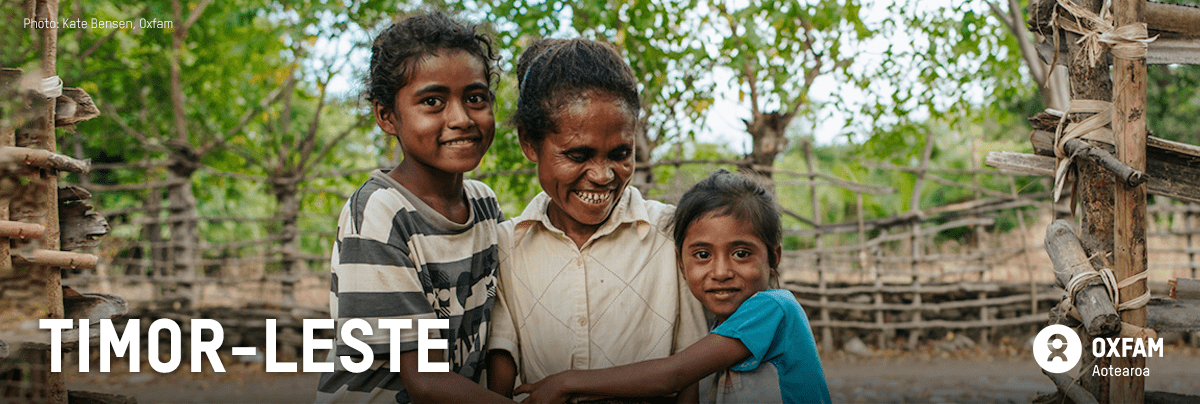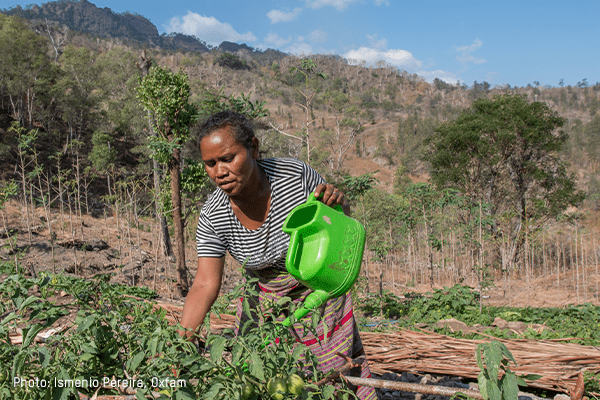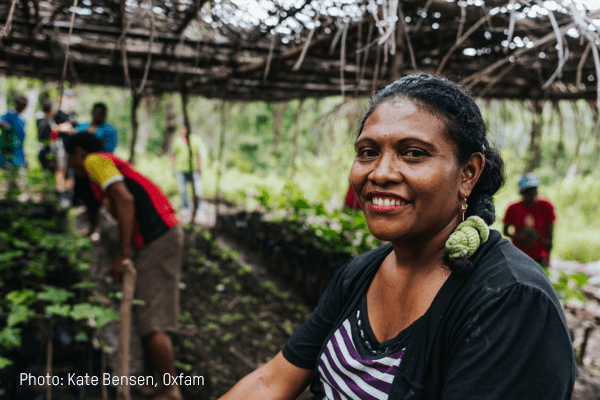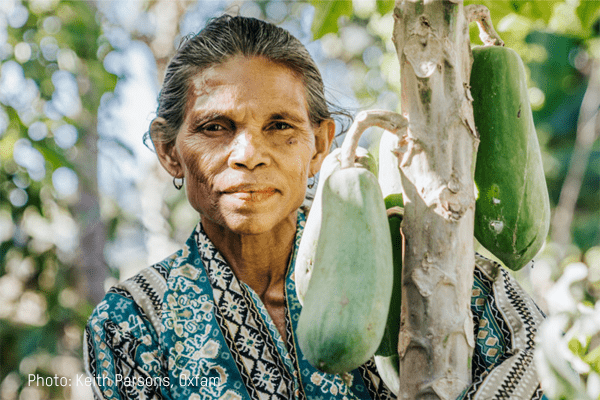Ahead of the UN Summit for the Future, Oxfam calls for reform of the UN Security Council to stop the “Permanent Five” from being their own “judge and jury”
The UN Security Council (UNSC) is failing people living in conflict, with Russia and the United States particularly responsible for abusing their veto power which is blocking progress toward peace in Ukraine, Syria, and the Occupied Palestinian Territory and Israel.
A new Oxfam report, Vetoing Humanity, studied 23 of the world’s most protracted conflicts over the past decade, including Afghanistan, Burkina Faso, Ethiopia, Libya, Niger, the Occupied Palestinian Territory (OPT), Somalia, South Sudan, Sudan, Syria, Ukraine, Venezuela and Yemen, and found that 27 of the 30 UNSC vetoes cast on these conflicts were on OPT, Syria and Ukraine.
The report concludes that the five permanent members of the UNSC (the P5) are exploiting their exclusive voting and negotiating powers to suit their own geopolitical interests. In doing so, they are undermining the Council’s ability to maintain international peace and security.
More than a million people have been killed in these 23 conflicts alone and more than 230 million people are today in urgent need of aid – an increase of over 50 percent since 2015.
“China, France, Russia, the UK and the US took responsibility for global security at the UNSC in what is now a bygone colonial age. The contradictions of their acting as judge and jury of their own military alliances, interests and adventures are incompatible with a world seeking peace and justice for all,” said Oxfam International Executive Director Amitabh Behar.
For instance, in 2023 Russia vetoed a nine-month extension of cross-border assistance to Northern Syria which left 4.1 million people with little or no access to food, water and medicine. Russia has also used its veto four times on Ukraine, despite being an aggressor in the conflict and by UN rules should therefore be disqualified from voting.
While the UN General Assembly (UNGA) has passed at least 77 resolutions over the last decade supporting Palestinian self-determination and human rights and an end to Israel’s illegal occupation, the US has used its veto power six times to block resolutions perceived as unfavourable to its ally Israel. The US vetoes have created a permissive environment for Israel to expand illegal settlements in the Palestinian territory with impunity.
“More often than not the Security Council permanent members’ vetoes have contradicted the will of the UN General Assembly, in which all states are represented,” Behar said.
The report critiques another of the P5’s powers called “pen-holding”, which allows them to lead on negotiations and direct how resolutions are drafted and tabled, or ignored – again, too often according to their own interests.
While France and the UK have not used their veto last decade, they and the US have held the pen on two-thirds of resolutions relating to the 23 protracted crises studied by Oxfam. The UK holds the pen on Yemen, for example, where it has a colonial legacy and strategic interests to maintain the maritime routes. In 2023, Mali objected to French pen-holding given what it considered “acts of aggression and destabilization” there.
Many other initiatives are not even written up or tabled because they would inevitability be vetoed, the report says. As a result, the 23 crises studied by Oxfam are being treated in wildly different ways. Nearly half of them have been largely neglected with fewer than five resolutions each over the last decade, including just one on Myanmar and none on Ethiopia or Venezuela.
On the other hand, the UNSC has passed more nearly 80 on both South Sudan and Sudan, 53 on Somalia and 48 on Libya. None have led to lasting peace. Despite the Democratic Republic of Congo having had 24 UNSC resolutions in the past 10 years, for instance, the UN mission there (MONUSCO) has been hindered by chronic underfunding and lack of coordination.
“The erratic and self-interested behaviour of UNSC members has contributed to an explosion of humanitarian needs that is now outpacing humanitarian organizations’ ability to respond. This demands a fundamental change of our international security architecture at the very top,” Behar said.
Globally, the number of people needing humanitarian assistance has risen nearly four times in the last decade, triggering massive funding needs. Between 2014 and 2023, the UN appeal has nearly tripled from $20 billion to over $56 billion – but less than half of this amount was met last year.
The report is critical of the fact that humanitarian funding remains entirely dependent upon voluntary contributions. In contrast, UN member state funding for peacekeeping operations is mandatory.
As the Summit of the Future kicks off this week to envision a revitalized UN, Oxfam calls for a wholesale reform of the UN Security Council, including the abolition of the P5’s veto power.
“We need a new vision for a UN system that meets its original ambitions and made fit for purpose for today’s reality,” Behar said. “A Council that works for the global majority not a powerful few. This starts with renouncing the veto and pen-holding privilege of the P5 and expanding membership to more countries.”
Notes to the Editors
- Read Oxfam’s “Vetoing Humanity” report (Link will go live once embargo is lifted)
- Oxfam looked at 23 crises that were listed in the UN Office for the Coordination of Humanitarian Affairs (UNOCHA)’s “Global Humanitarian Needs Overviews” for at least five consecutive years over the last decade. These are: Afghanistan, Burkina Faso, Burundi, Cameroon, the Central African Republic, Chad, the Democratic Republic of Congo, Ethiopia, Haiti, Iraq, Libya, Mali, Myanmar, Niger, Nigeria, the Occupied Palestinian Territory and Israel, Somalia, South Sudan, Sudan, Syria, Ukraine, Venezuela and Yemen. Source: UNOCHA Global Humanitarian Overview 2024 and UNOCHA 2014-2018.
- Over the past decade, the UNSC has passed 454 resolutions and vetoed 30 resolutions on these 23 protracted crises. 8 out of 12 resolutions on Palestine and Israel; 15 out of 53 on Syria; 4 out of 6 in Ukraine; one on Venezuela; one on Malia; and one on Yemen, have been vetoed respectively. Sudan and South Sudan have had 79 resolutions passed since 2015. Oxfam’s vetoes calculations are based on UN data and UNSC data. Analysis of UNGA Resolutions is based on UN Dag Hammarskjöld Library. (n.d.). UN General Assembly Resolutions Tables.
- Russia and the United States have together cast 75% of the 88 UNSC vetoes since 1989, with the rest by China – neither France nor the UK have used their veto power over that period. Source: For details on UNSC vetoes, see UN Dag Hammarskjöld Library. (n.d.). UN Security Council Meetings & Outcomes Tables: Veto List. Accessed 20 July 2024. For details on approved resolutions see UNSC Resolutions.
- 11 of the total 23 protracted crises (48%) had each fewer than five resolutions over the last decade. Source: see above.
- Oxfam calculated 1.1 million people died during 2014–23 in the 23 protracted crises using the conflict-level version of the dataset and the best estimates of battle-related deaths (as opposed to the high or the low estimates). Source: The Uppsala University Conflict Data Program Battle Related Deaths dataset version 24.1
- Oxfam calculated global funding needs based on the UN Office for the Coordination of Humanitarian Affairs Financial Tracking Service database coordinated appeals data from 2014 to 2023. Only 43% of the total $54.1bn appeal was met in 2023.
- According to the UN Charter article 27(3), “a party to a dispute shall abstain from voting”.
- The number of people in urgent need of humanitarian assistance living in these 23 protracted crises has grown by 157% to 233.5 million in 2024, up from 90.84 in 2015. Source: UNOCHA’s Global Humanitarian Overview (2015) and (2024).
- According to UNOCHA, the global number of people in need of humanitarian assistance has risen nearly four times in the last decade – from 77.9m in 2015 to 299.4m in 2024. Source: See above.
- According to the Global Report on Food Crises 2024, the number of people experiencing acute or worse levels of hunger across 20 of the 23 countries was 199.6 million. Data from Iraq, Libya and Venezuela were insufficient or did not meet the requirements of the GRFC.
Contacts
At UNGA Nesrine Aly / Lauren Hartnett



